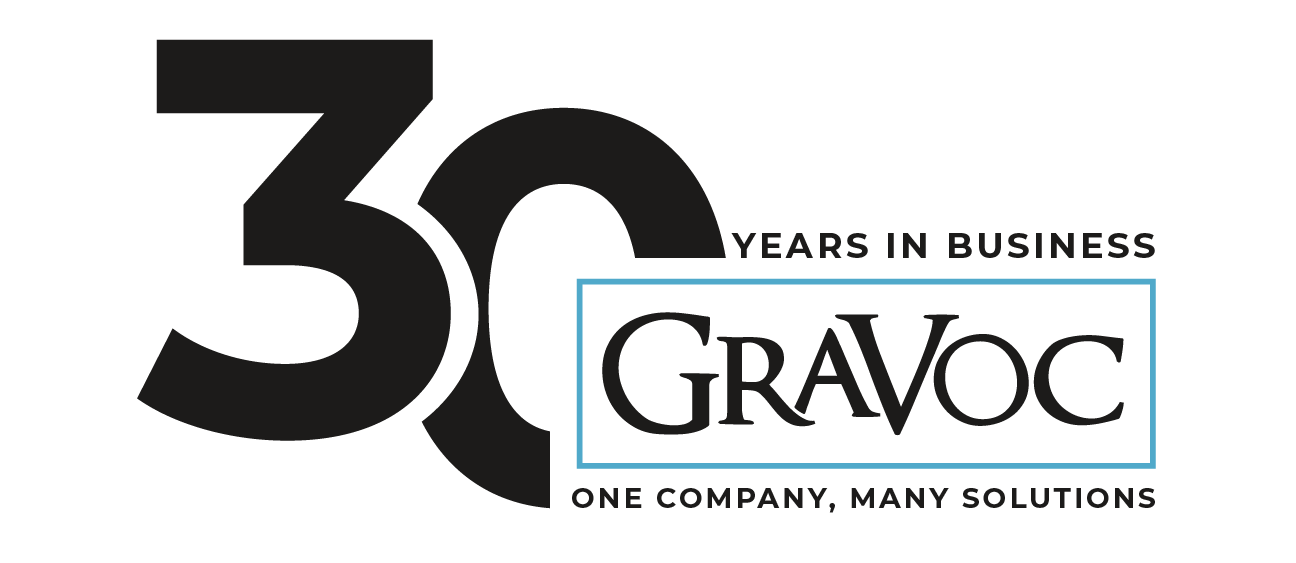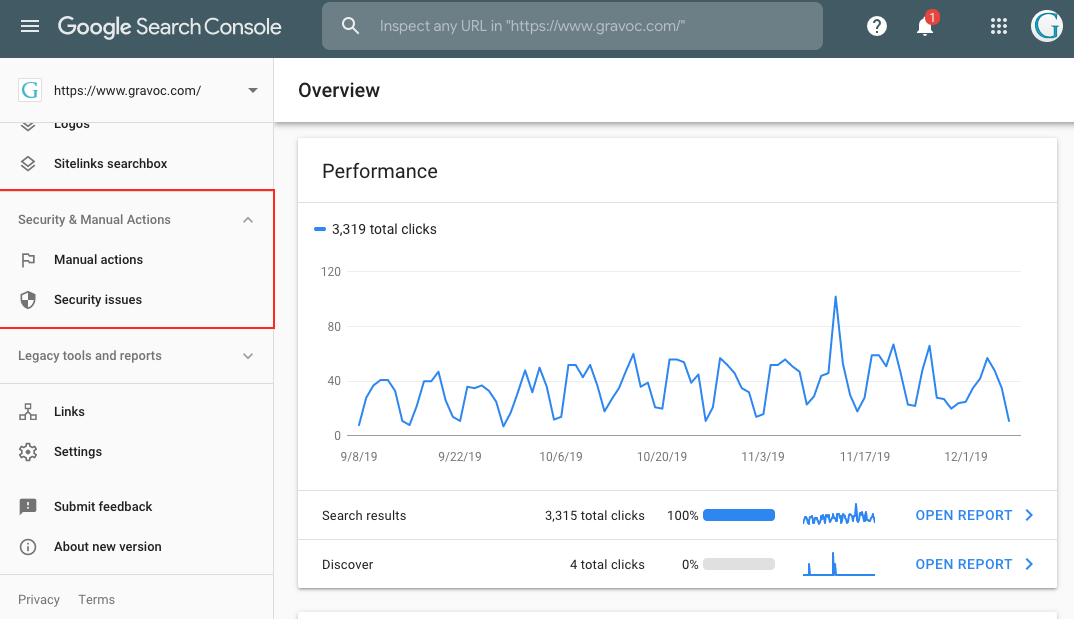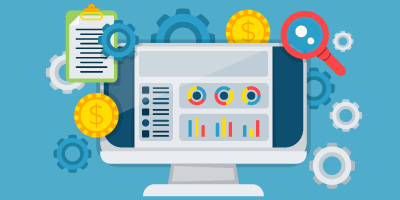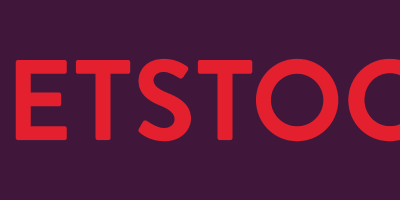Hack attacks have become all too common in today’s world, with websites being a prime target for attacks. Whether you have a large website or a small one-page website, keeping your site hack-free is essential and should be made a priority as we enter 2020. Below we provide security tips and advice on assessing your website to help better protect your site from falling victim to a hack attack.
Smart Credentials
As we enter 2020, there is NO EXCUSE for having a weak password such as ‘Password 123’. We know this isn’t the first time you’ve heard this! By utilizing complex passwords, you’re adding a barrier between you and the hackers who are after your website and its data. Make sure to follow password guidelines such as character limit, adding special charters (!,#,@), and including numbers and upper & lowercase characters. If you are unsure of how secure your password is, check out this website to see how long it would take a computer to crack your password!
Along with secure passwords, you want to make sure you are using secure usernames. When selecting a username, avoid using common usernames such as ‘Admin’ or ‘Administrative’ as people tend to use these way too often.
Update Theme & Plugins 
When your website theme and plugins are not updated to their latest version, you are potentially opening the door to vulnerabilities. When updates come out for themes and plugins, they are usually for maintenance and security reasons which is why it is best practice to make sure that they are up-to-date. Along with updating your plugins, you should delete any unused plugins that you are no longer utilizing. Plugins can become vulnerable if the app creator ceases development which is why is it best to delete any unused or no longer supported plugins.
Perform Monthly Maintenance
A good practice for maintaining the security of your website is to perform monthly maintenance on your site. Set aside one day of the month to make sure everything is running smoothly. Check your theme and plugins to make sure there are no critical updates needed to be made. If your schedule gets too hectic, look into setting up a monthly maintenance plan with a 3rd party company to make sure that someone is keeping your website up-to-date and healthy.
Webmaster Tools
Search engines like Google and Bing offer free webmaster tools to help you monitor your sites health. Bing Webmaster Tools and the Google Search Console are useful tools that business owners can leverage to help improve their site’s performance in search rankings. They offer tools that help identify if your site has been hacked or if there are any security issues. Check out these free tools and how they can help assess your sites health!
External Penetration Testing
Having a 3rd party conduct an external penetration test on your website is an excellent way to determine how vulnerable your website is to attackers. By conducting an external penetration test on your website, you’ll be able to pinpoint exactly where your websites weak spots are and how to properly mitigate those risks.
Looking to increase the security of your website as we enter the new year? We’re here to help! Start the conversation by reaching out below !
Related articles
6 Key Considerations For ERP Software Selection
In this blog post, we cover the key considerations for your business when preparing for ERP software selection and implementation.
How to Promote Your Business on YouTube
If you’re not using YouTube to promote your business, you’re missing out. Check out this blog to help you get started with YouTube marketing!
Whitepaper: Improve Supply Chain Reliability with Collaborative Planning & Predictive Analytics
Download this whitepaper from our partner, Netstock, for valuable insights that can help you revolutionize your supply chain planning!





